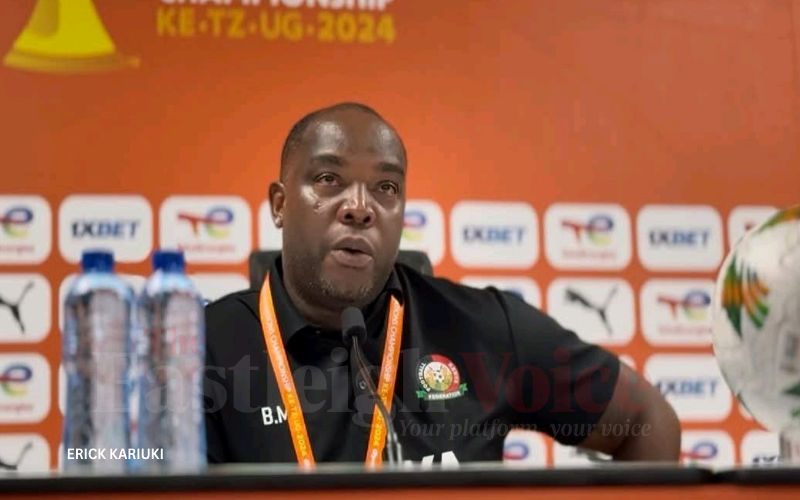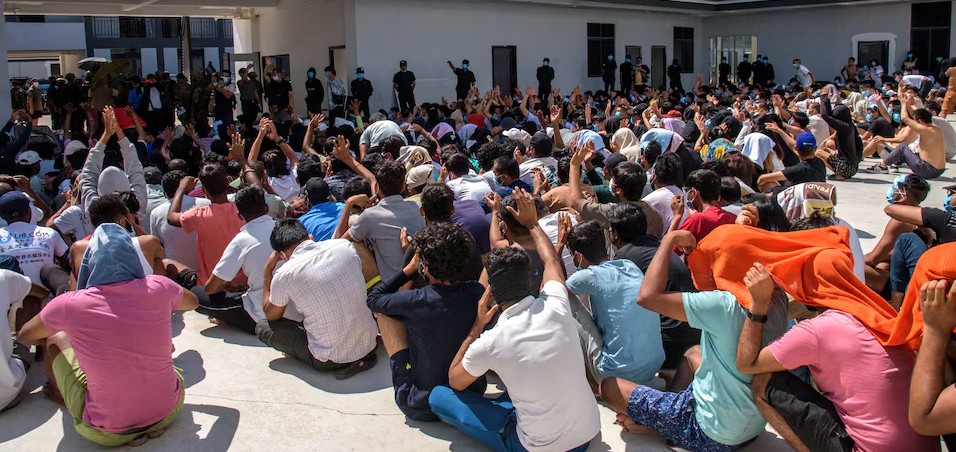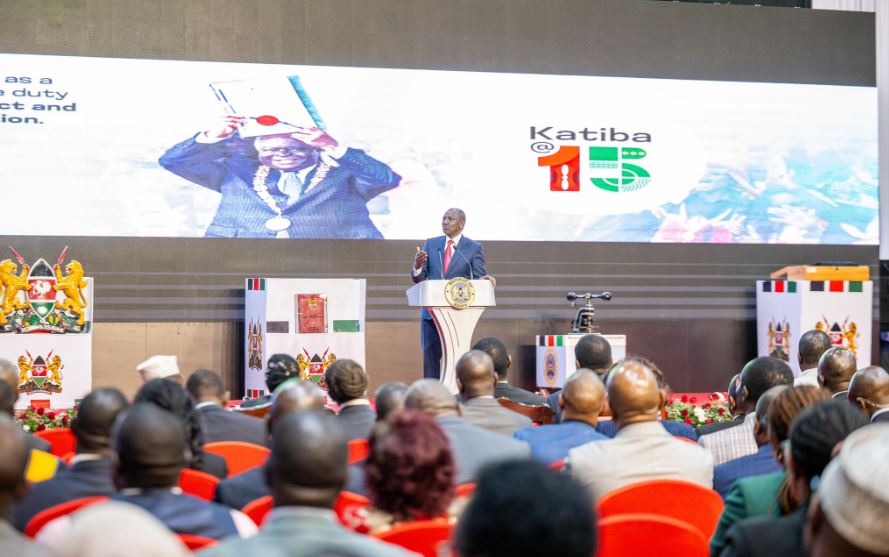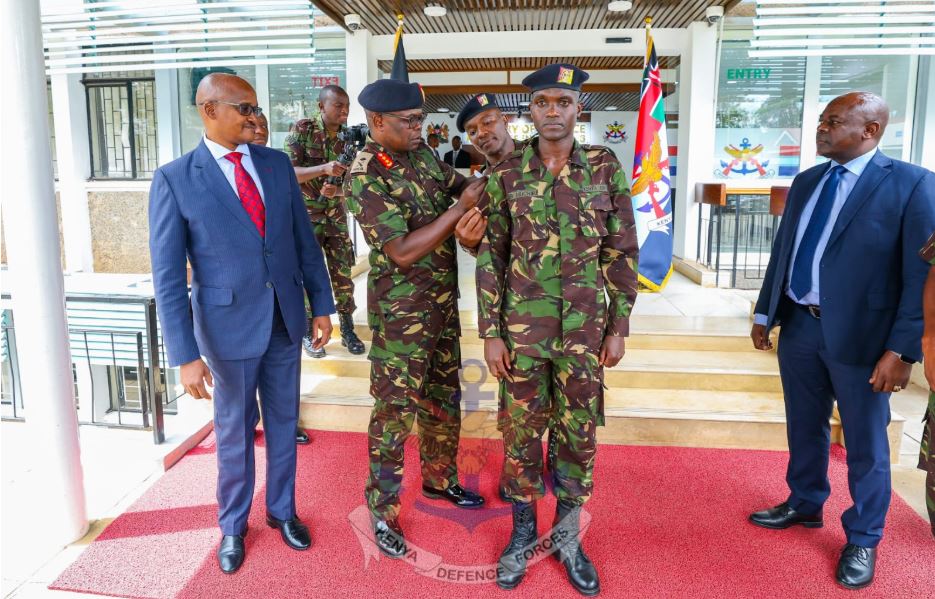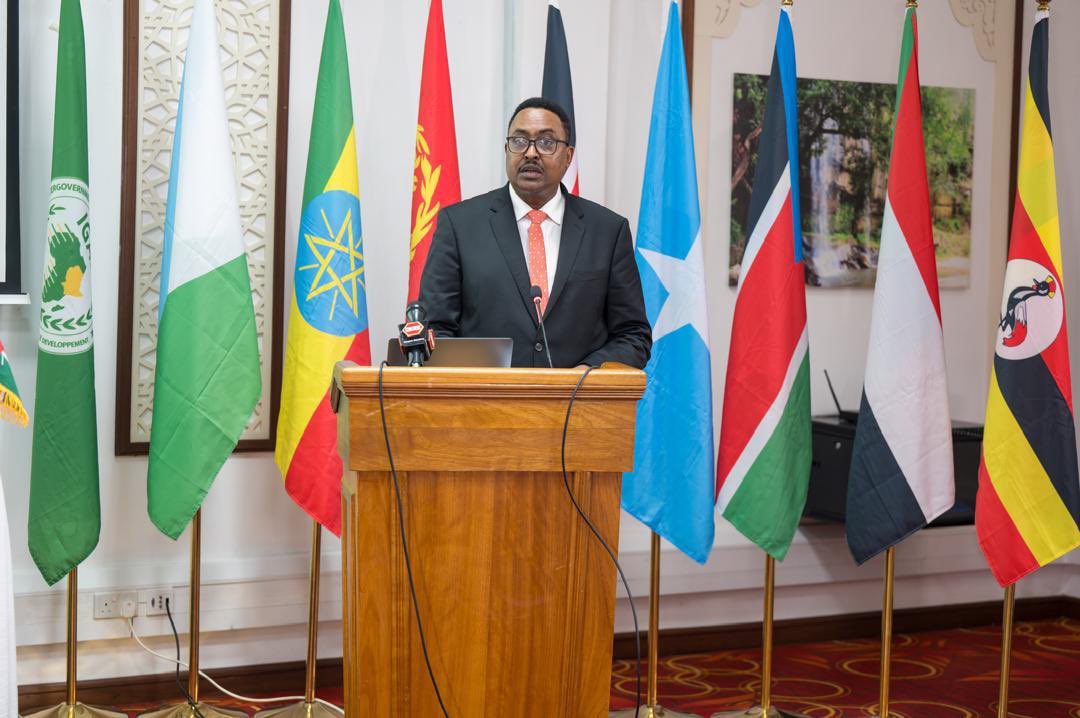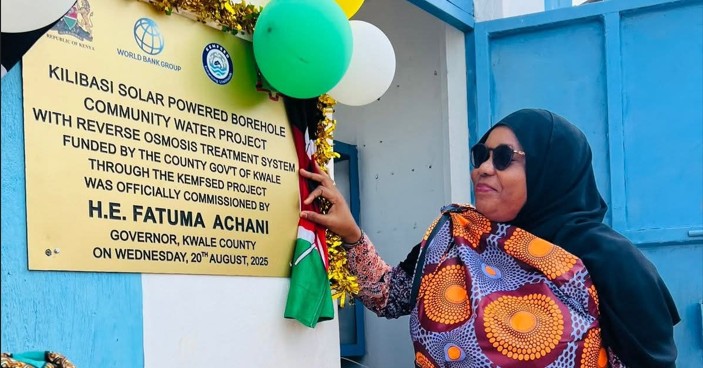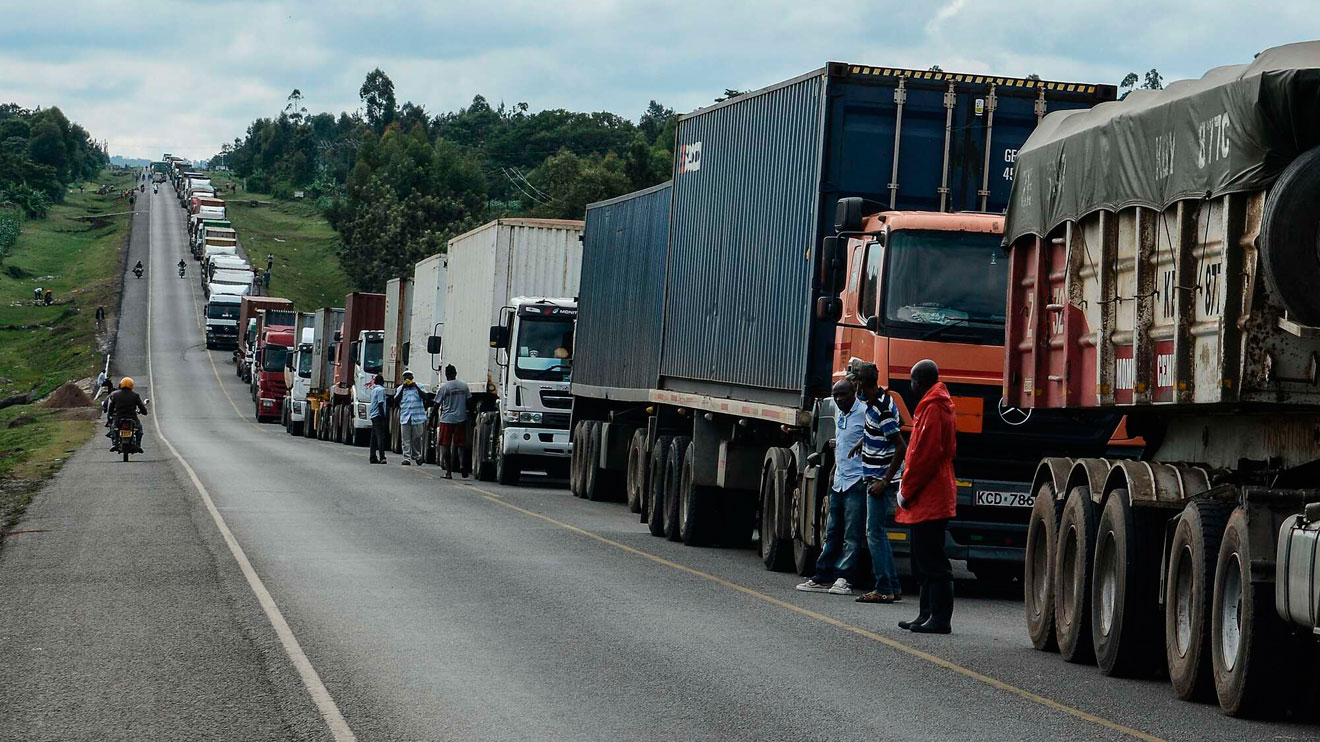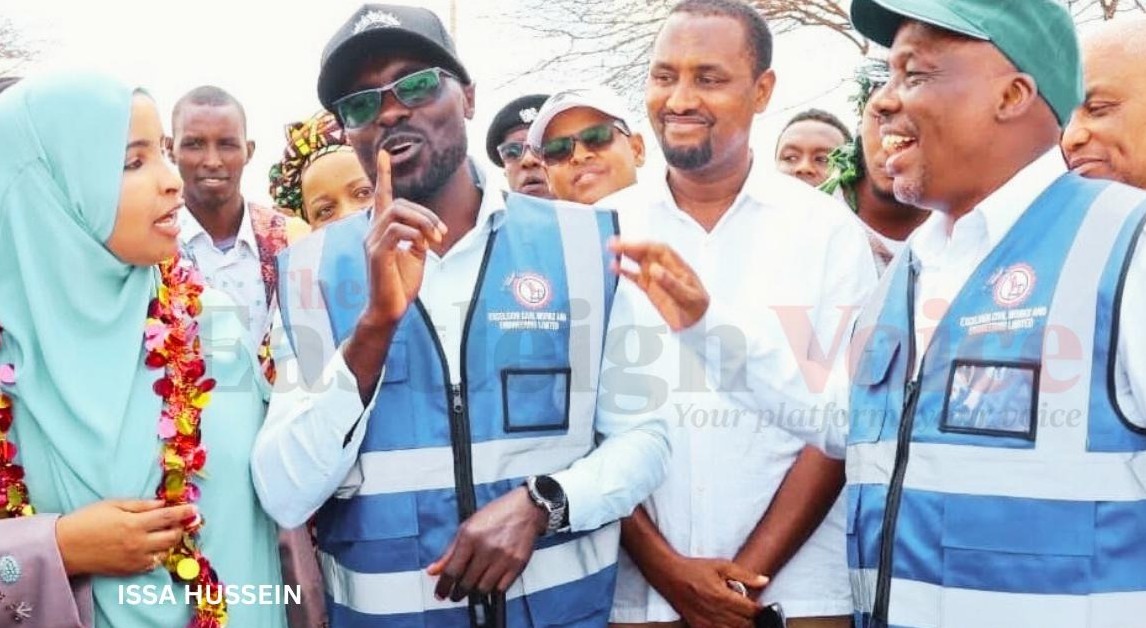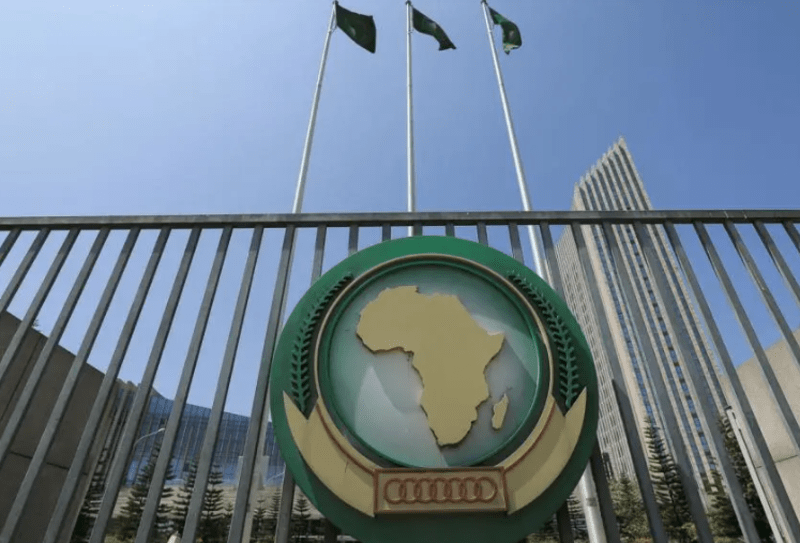Halal business forum in Nairobi sets roadmap for expanding trade in East Africa
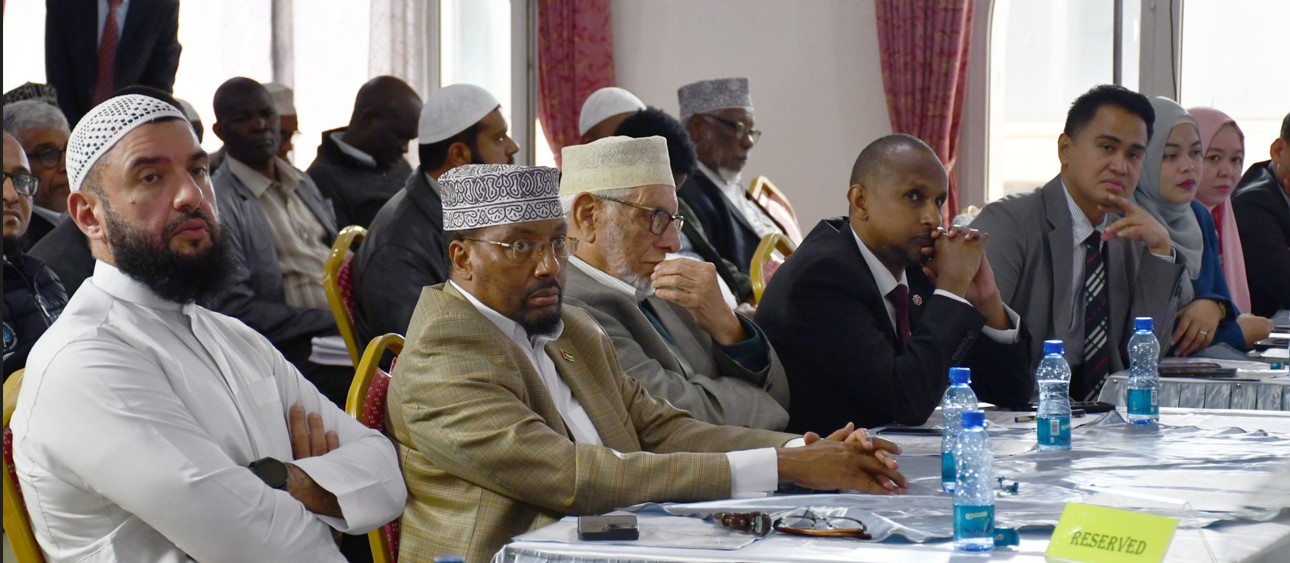
The forum, held under the theme “Halal Science, Innovation and Industry”, aimed to provide knowledge, foster innovation, and expand trade opportunities for Muslim-owned businesses, while drawing strong diplomatic representation.
A high-profile halal business development and export readiness workshop was held on Tuesday at Jamia Mosque in Nairobi, bringing together diplomats, business leaders, and scholars to explore strategies for strengthening the halal sector across East Africa.
The forum sought to provide knowledge, encourage innovation, and open up trade opportunities for Muslim-owned businesses in the region.
Held under the theme “Halal Science, Innovation and Industry”, the event drew strong diplomatic representation.
Attendees included Somalia’s Ambassador to Kenya, Jibril Ibrahim Abdulle; Thailand’s Ambassador to Kenya, Morakot Janemathukorn; Malaysia’s High Commissioner to Kenya, Ruzaimi Mohamad; Dr Akram Jamil Suleiman, Chargé d’Affaires of the Embassy of Iraq; and Dr Khalid Mohammed Al Kathiri, Permanent Representative of the League of Arab States to the United Nations Offices in Nairobi.
The workshop was co-organised by the Royal Embassy of Thailand, the Halal Science Centre at Chulalongkorn University, the Embassy of Somalia in Kenya, and Jamia Mosque Nairobi. It convened halal experts, entrepreneurs, Islamic scholars, and industry stakeholders to exchange insights on expanding halal trade and aligning industry practices with international standards.
Key discussions highlighted the role of halal science in promoting sustainable business practices, fostering academic and scientific collaboration, and supporting entrepreneurs in developing products that meet global halal requirements. Presentations covered diverse topics such as the principles of halal and haram, applications of halal science, HAL-Q certification, blockchain in halal trade, regional and global trade routes, and the evolving needs of Muslim communities.
A delegation from the Halal Science Centre at Chulalongkorn University, led by founder and advisor Prof Winai Dahlan, actively participated in the sessions.
Developing innovative solutions
The team included the centre director, Dr Pornpimon Mahamad, Deputy Director Dr Anat Denyingyot, Dr Najwa Yanya Santivorakul, and Dr Sarawut Aree, Director of the Muslim Studies Centre. Their contributions stressed the importance of transferring scientific knowledge and developing innovative solutions to strengthen the halal sector in East Africa.
Sheikh Muhammad Osman Warfa, Chairman of Jamia Mosque Committee, expressed gratitude to the diplomats and participants, noting that the workshop has the potential to empower Muslim entrepreneurs, strengthen economic partnerships, and ensure business growth remains true to halal values.
Somalia’s Ambassador Jibril Ibrahim Abdulle described the forum as “a vital platform to promote halal trade and sustainable development across East Africa.” He further pointed out its alignment with the global halal economy, projected to reach USD 5.91 trillion by 2033.
Thailand’s Ambassador Morakot Janemathukorn reaffirmed her country’s commitment “to supporting halal innovation and deepening trade and economic cooperation with the region.”
Prof Dahlan emphasised that the workshop was designed as “an educational platform to facilitate knowledge transfer, promote innovation, and provide practical guidance for entrepreneurs seeking to expand in the halal market.”
Other Jamia Mosque leaders present included Deputy Chairman Abdullatif Essajee, Secretary-General AbdulBari Hamid, Deputy Secretary-General Hussein Abdinassir, Treasurer Billow Kerrow, Deputy Treasurer Khider Farouk Adam, Imam Sheikh Jamaludin Osman, and Majlis members Sheikh Ibrahim Lethome, Dr Ali Muhammad Salim, and Abdulhamid Slatch, among others.
Top Stories Today
Reader Comments
Trending
